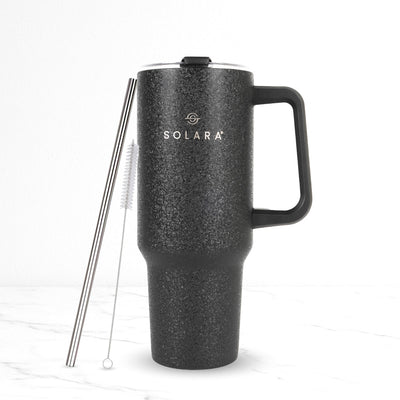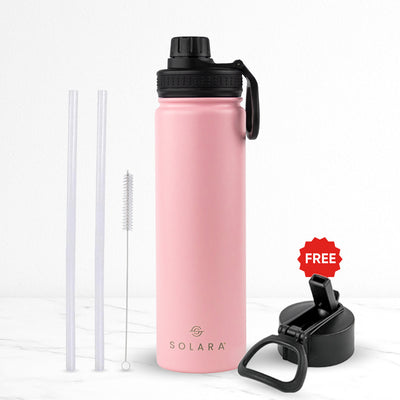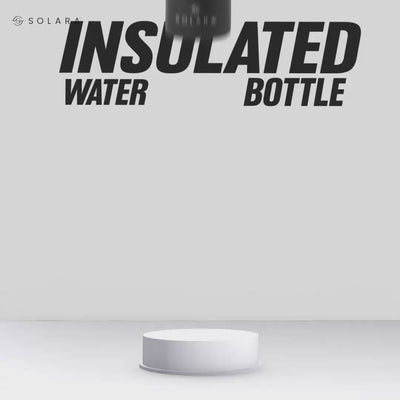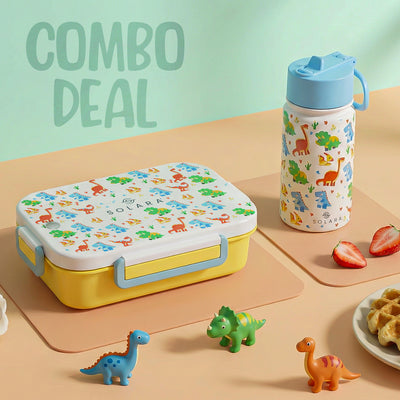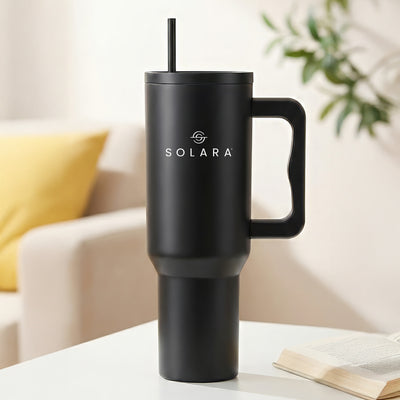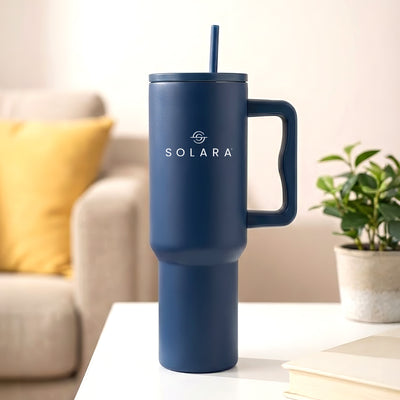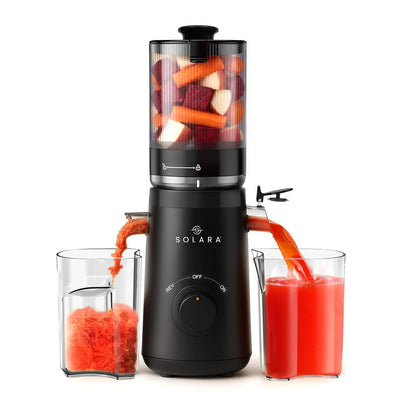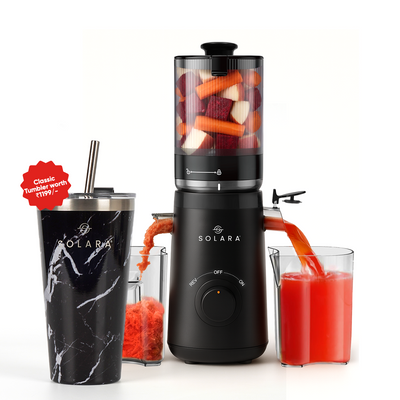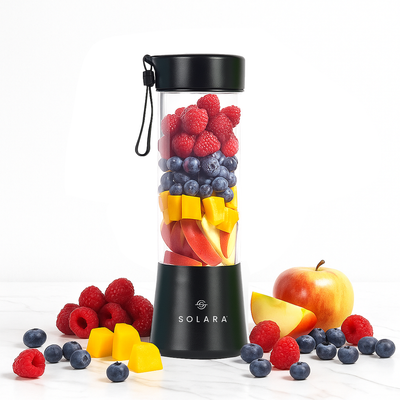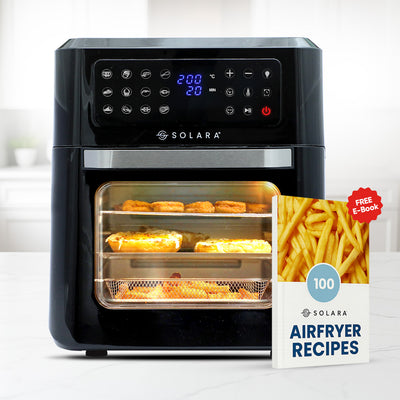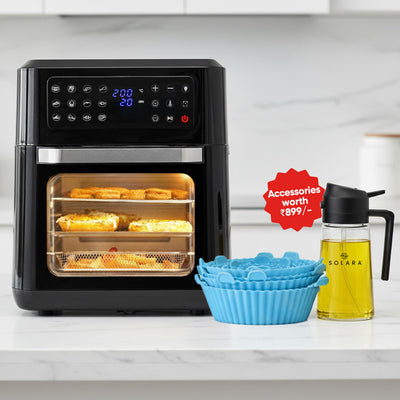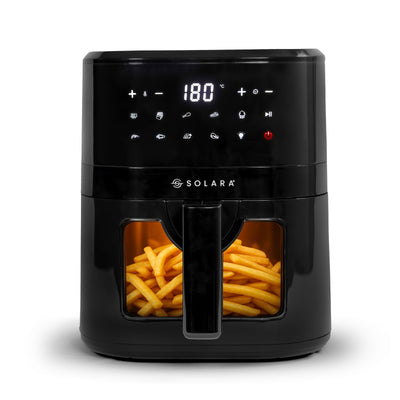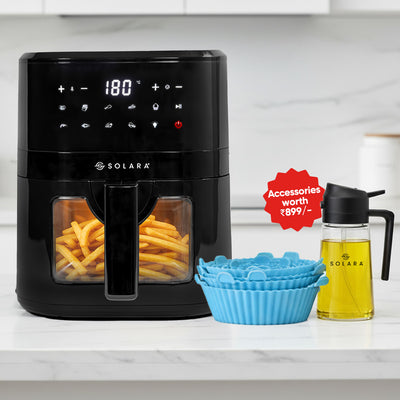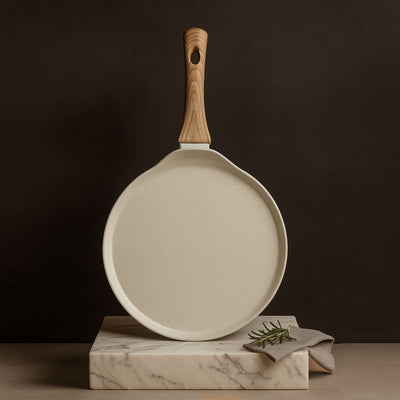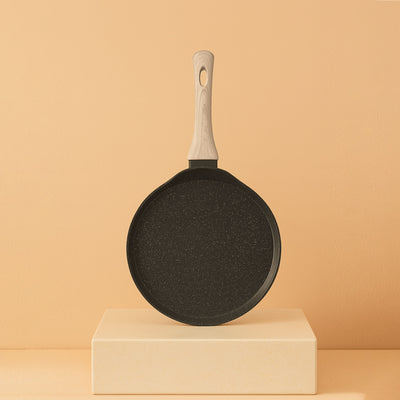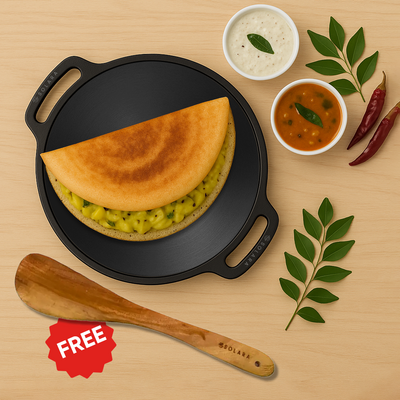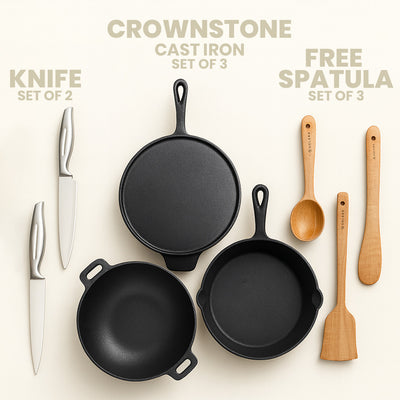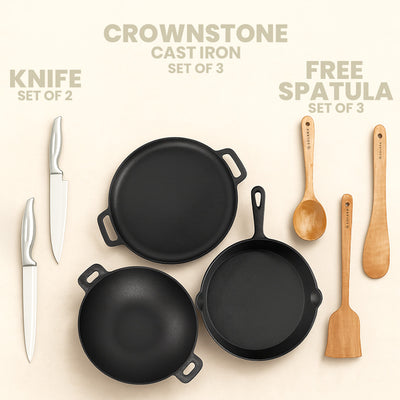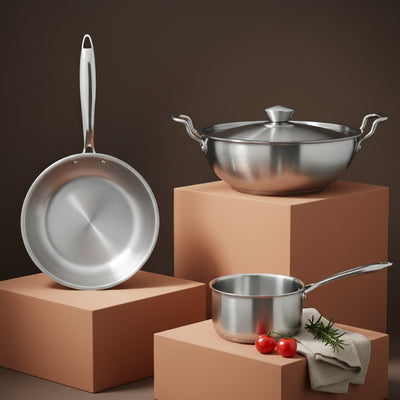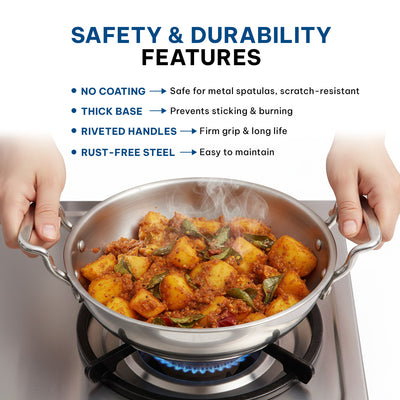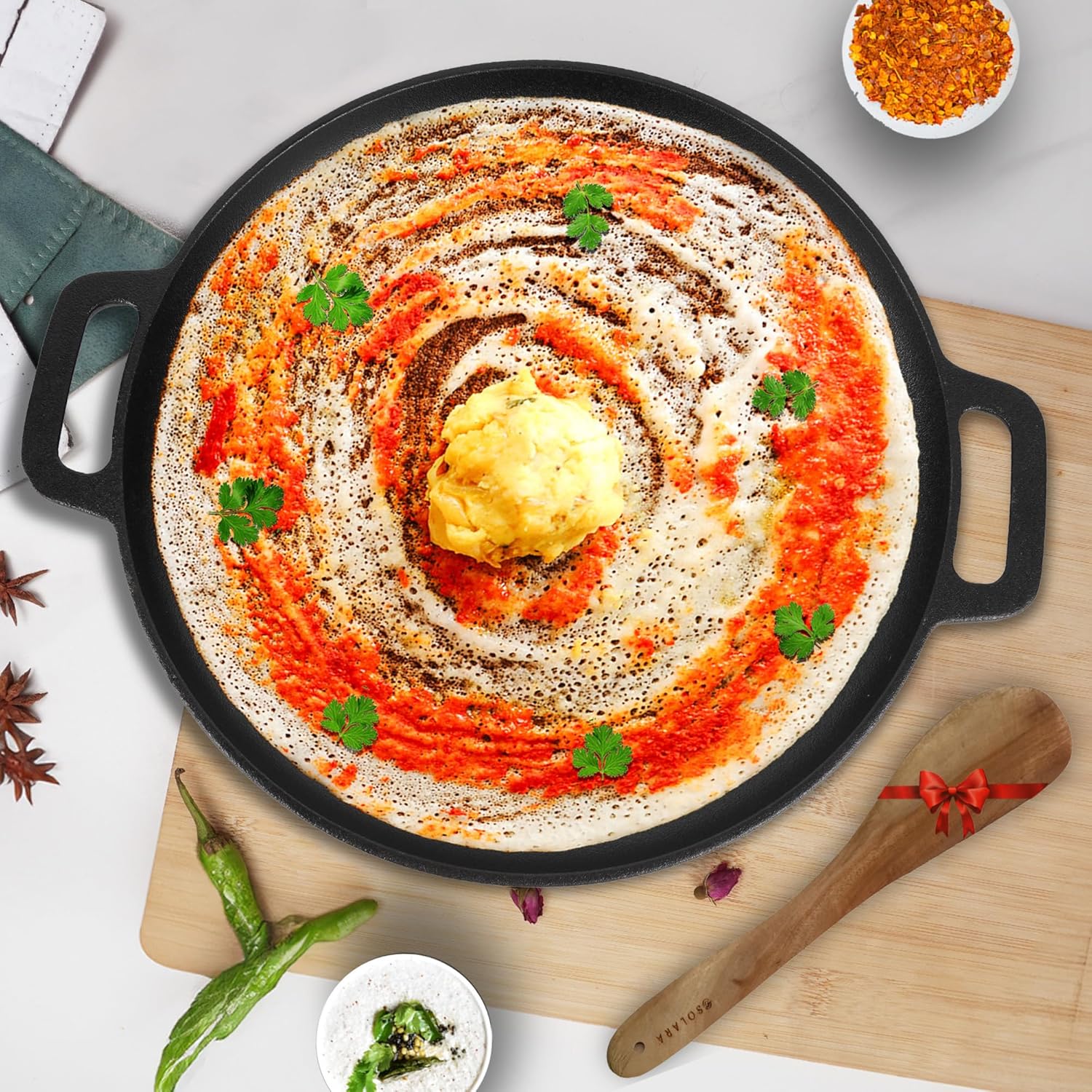In a world of throwaway pots and pans, cast iron stands out not just for its rugged charm, but for its strength, versatility, and eco-friendly appeal. Loved by home cooks and chefs alike, it offers amazing health perks. But even this kitchen hero has one weakness: rust.
So, will your cast iron pan rust over time?
Let’s explore why rust happens, how to prevent it, and why cast iron — like the SOLARA Cast Iron Tawa remains a smart, lasting choice for every kitchen.
Why Cast Iron Might Rust
Cast iron is made from a blend of iron and carbon. When exposed to moisture and air, it can oxidize — which means rust. Without proper care, the protective coating (known as seasoning) wears down, leaving the surface vulnerable.
Common causes of rust:
Washing with soap or soaking too long
Not drying the pan right after cleaning
Storing it in a damp place
Skipping regular seasoning
Rust Can Be Prevented
Here’s the good news: Rust is not a life sentence for your pan. With a little attention, your cast iron cookware can build up a natural, rust-resistant, nonstick layer that protects it for years even generations.
Easy Ways to Keep Your Cast Iron Rust-Free
Follow these simple steps to care for your cast iron and enjoy cooking with it for life:
1. Season It Regularly
Rub a thin layer of oil (like flaxseed or vegetable oil) all over the pan. Bake it upside down at 450°F (230°C) for one hour. This forms a smooth, glossy layer that resists moisture and food residue.
Pro Tip: Re-season every few months or if food starts sticking.
2. Dry It Immediately
Never leave your cast iron pan to air-dry. After rinsing with hot water, towel-dry it and place it on low heat for a few minutes to ensure it’s completely moisture-free.
3. Store It the Smart Way
Keep it in a dry, airy space. Leave the lid off or insert a paper towel inside to absorb humidity. Avoid closed containers or damp drawers.
4. Avoid Soaking & Dishwashers
Never soak your cast iron or toss it in the dishwasher. These can strip away seasoning and cause rust. For stuck-on food, scrub gently with coarse salt, a brush, or a chainmail scrubber.
5. Fix Rust Fast
If you spot rust, don’t panic. Scrub it off with steel wool, rinse, dry thoroughly, and re-season. Cast iron is incredibly forgiving — even old, rusty pans can be fully restored.
Why Cast Iron Deserves a Spot in Every Kitchen
More than just cookware, cast iron is a lifestyle choice — for healthier cooking, sustainable living, and timeless meals.
Here's why it's awesome:
Chemical-Free Cooking – No synthetic coatings or toxic fumes
Naturally Nonstick – A seasoned pan cooks like modern nonstick
Iron-Rich Meals – Adds a safe dose of dietary iron to your food
Even Heat Distribution – Perfect for searing, frying, baking & more
Heirloom Durability – Lasts for decades, maybe forever
Eco-Friendly – Reduces waste and supports a greener kitchen
Whether you're making crispy dosas, golden rotis, or slow-cooked stews, the SOLARA Cast Iron Tawa is your reliable partner in flavorful, toxin-free cooking.
Conclusion: No Rust, Just Trust
Yes — cast iron can rust. But with just a little care, it won’t.
By following a few simple tips, you’ll keep your cast iron cookware — like the SOLARA Cast Iron Tawa in top shape for life.
Will your cast iron rust?
Not if you love it a little. With routine seasoning, smart storage, and daily care, your pan will stay strong, seasoned, and soulful — ready to serve you, your family, and generations to come.
Recommended Articles :
Cast Iron Cookware Safety: What Every Home Chef Should Know
How to Gracefully Season Your Beloved Cast Iron Dosa Tawa to Craft Perfect Dosas with Ease





